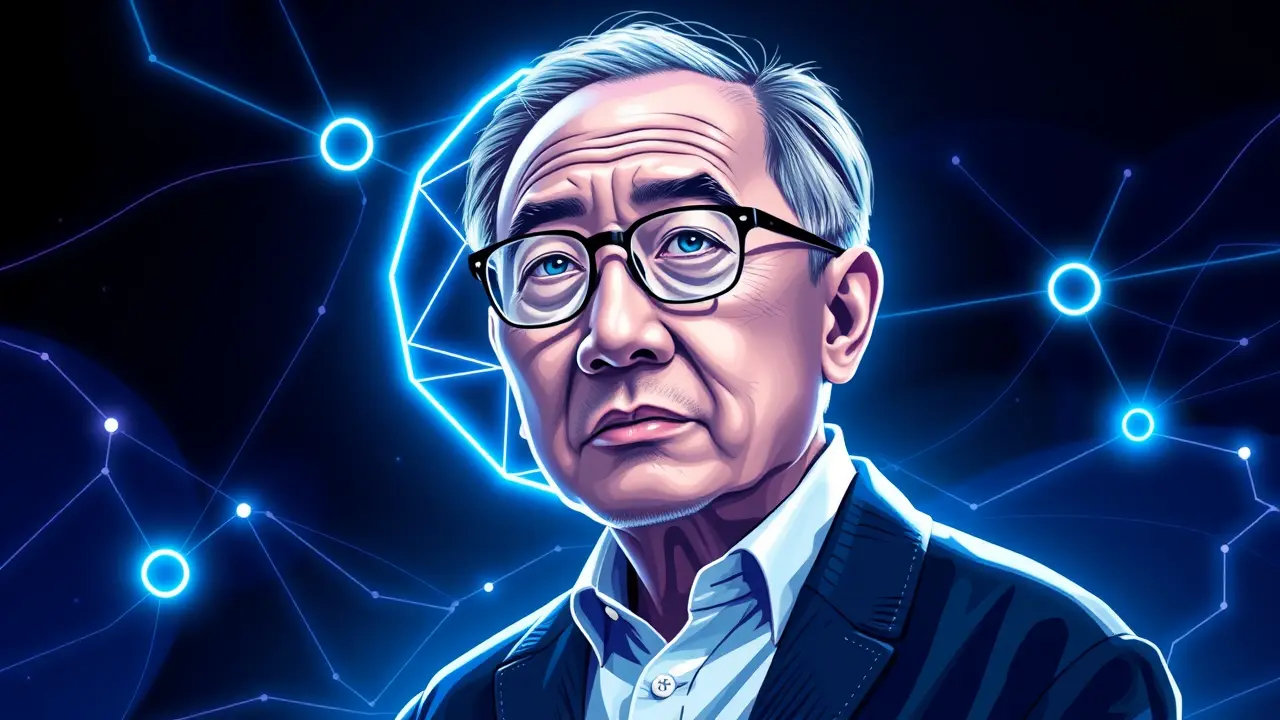Maths Guru Yau on China's Science Leadership Needs
Shing-Tung Yau, the Fields Medal-winning mathematician whose work on Calabi-Yau manifolds provides the geometric framework for string theory's hidden dimensions, represents a fascinating nexus where abstract mathematical purity meets national strategic ambition. As chair of Tsinghua University’s elite Qiuzhen College, Yau is architecting an educational forge for China's next-generation scientific vanguard, a project that resonates with the cosmic scale of his theoretical work.The 76-year-old scholar, whose own trajectory arced from Guangdong province to Hong Kong and ultimately to Harvard, now channels that transcontinental experience into cultivating homegrown talent through a bespoke curriculum designed to accelerate young prodigies past conventional academic timelines. This initiative sits squarely at the heart of China's forthcoming 15th five-year plan (2026-2030), which aims to pivot the nation's economic engine from manufacturing supremacy to innovation-driven leadership, a transition as profound as the shift from Newtonian mechanics to quantum field theory.Yau's perspective carries the weight of someone who has navigated both Western academic paradigms and Eastern educational traditions, offering unique insights into the necessary conditions for scientific breakthrough. The stakes extend beyond national prestige; we're witnessing a deliberate recalibration of global scientific influence, reminiscent of the space race but playing out across laboratories, supercomputing clusters, and theoretical mathematics departments.Yau's college operates like a specialized observatory for identifying intellectual singularities—students whose cognitive abilities warp the fabric of normal educational space-time, requiring specialized pedagogical approaches comparable to the mentorship young Einstein received or the environment that nurtured Terence Tao. This focus on extreme talent optimization reflects China's understanding that foundational scientific advancement—the kind that produces paradigm shifts rather than incremental improvements—requires nurturing minds capable of operating at the frontier of human cognition.The mathematical sciences particularly interest planners because they form the substrate upon which everything from artificial intelligence algorithms to quantum encryption is built; they're the fundamental language of reality, and mastery here creates ripple effects across applied disciplines. Yau's own career exemplifies this principle—his proof of the Calabi conjecture didn't just solve an abstract geometry problem but eventually became instrumental in theoretical physics' attempts to unify general relativity with quantum mechanics.The Chinese approach seems to recognize that while applied research delivers immediate technological dividends, foundational mathematical work creates the possibility space for future revolutions we can't yet imagine. This educational model raises provocative questions about how societies identify and cultivate genius, contrasting with Western trends toward broader STEM education and raising concerns about creating intellectual monocultures.Yet the potential payoff is enormous: if China can systematically produce even a handful of researchers operating at Yau's level across multiple disciplines, the center of gravity for global science could shift eastward within decades. The timing is particularly significant as Western nations grapple with funding uncertainties for pure research and China demonstrates sustained commitment to long-term scientific infrastructure.Yau's role bridges two eras—the 20th century's model of individual brilliance and the 21st century's coordinated national strategies—creating a fascinating experiment in whether scientific revolution can be engineered at scale. As he shapes these young minds, we're essentially watching the early stages of what might become China's equivalent to Princeton's Institute for Advanced Study in its golden age, but with the distinct advantage of integrated state support and alignment with national industrial policy. The outcomes will influence everything from semiconductor design to pharmaceutical discovery, making Yau's educational laboratory one of the most consequential experiments in contemporary science policy.
JA
Jamie Larson123k2 days ago
wow this is such a fascinating read, it really makes you think about the future of science and education doesn't it? what do you guys think about this approach to finding geniuses, would love to hear more thoughts on this
0
